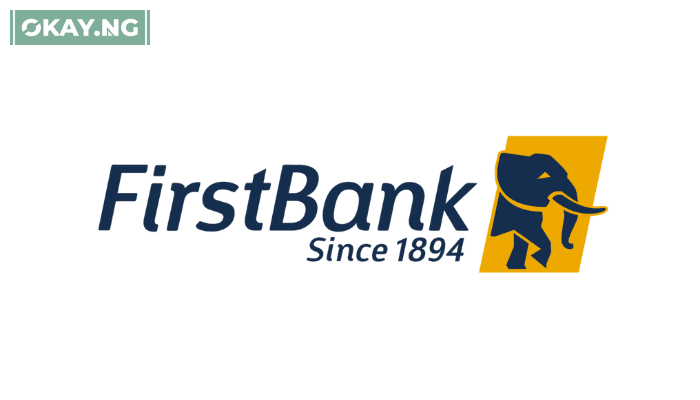Nigeria faces some of the highest youth unemployment figures globally. But the tech industry, where about four out of five companies miss out on critical digital skills, could be the solution to reducing this issue.
With a population of over 220 million people, Nigeria’s future economic outlook is concerning, as it has recorded an average of only 1.4 percent economic growth in the last eight years, while the population has grown by an average of 2.5 percent over the same period.
The situation becomes even bleaker when considering the potential effects on the economy if foreign and domestic investments continue to fall short of expectations.
Furthermore, the insecurity in the region, climate change challenges, and an increase in migrants seeking safety, food, and economic security could add more strain to the struggling economy.
However, amidst these challenges, the country’s technological sector offers immense potential for economic growth and reducing youth unemployment.
The digital revolution has already transformed the global economy, creating new job opportunities in various industries.
In Nigeria, the digital sector has become a driving force behind economic growth, with increasing demand for skilled professionals in digital marketing, web development, data analysis, and artificial intelligence.
A recent report revealed that Nigeria and South Africa are significantly behind Kenya in terms of the skills gap, with many Nigerian companies citing a negative impact due to a lack of tech and digital skills. That is why attracting skilled recruits has become a top challenge in the tech industry for 2023.
To capitalise on the opportunities in the digital sector, Nigerian youths must acquire relevant and cutting-edge digital skills. These skills not only make them more employable but also empower them to become entrepreneurs and contributors to the digital economy, as digital skills are versatile and applicable across industries.
Platforms like Ad Dynamo by Aleph, a leading provider in digital advertising and marketing in SSA, offer opportunities to upskill and learn necessary skills for the growing tech sector. With a presence in over 130 countries and trusted by major social networks, Ad Dynamo by Aleph is committed to providing industry-relevant skills to clients and staff through initiatives like the free Digital Ad Expert platform.
That has been emphasised further through Aleph Group, Inc’s, free Digital Ad Expert platform, where students learn digital marketing fundamentals and gain hands-on training. Once armed with digital skills and advertising proficiency, they can empower businesses to accelerate their economic growth.
To improve Nigeria’s economy and address youth unemployment, the private sector should play a more active role by offering apprenticeships, internships, and employment opportunities to graduates of these programs. Collaborative efforts will bridge the gap between theoretical knowledge and practical experience, making the transition to employment smoother for Nigerian youths.







